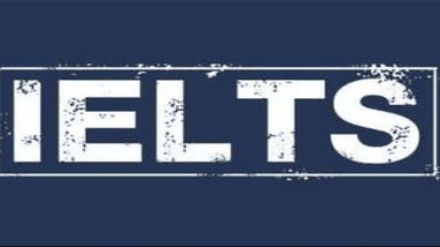A skill you learned through a hard time
A story you were told when you were little
A family business
Something you learned from math
Your future plan
Objects
An important letter you got
A product in your country
A thing you forgot to take
An old thing you keep in your family = A piece of art
A childhood gift/toy = A book you enjoy reading
A thing you can't live without (no computers or cell phones)
= Something you saved money to buy
Something helps you to learn another language
A piece of clothing you wore on a special occasion
Your favorite season
A photo
Places
A place you visited that made you learn another culture
= A place you visited that is far away from your home
= A place you want to visit which is quite far from your place
= A tourist attraction = An old building = A house or a flat you visited
A park/garden you have been to
A place near water
A street
A restaurant
Media
A subject people ask you for information
A subject you disliked in school
A film you dislike
A website
An advertisement
请大家记住哦,雅思口语是考口语交流,而不是口头作文,所以大家大可不必在我们背过的词海里搜寻各种“高大上”的词汇。能够把自己想表达的意思用自己最有把握最熟悉的词汇说出来,是最好的效果哦。否则影响了流利度和发音,以及因为不熟悉单词用法而导致了词汇运用不当和语法错误,就得不偿失啦。
想要获得地道的表达,就需要使用恰当的学习材料不断的模仿和积累,比如:人文社科题材的TED演讲(科技素材里面的术语太多,生活中完全用不到啊……)、生活剧情类的美剧(越狱啦什么的可以暂时不做备考用,我们太不经常越狱了……)、奥巴马同志的演讲、OMG美语等等。有些有辩论情节的律政片,比如Harry's Law对于雅思口语考试的第三部分帮助很大。对于part 3,就像工作面试“二面”的作用,用来check一下考官对我们的“预判”是否准确。所以想得高分,要在第三部分下力气哦。请大家结合第二部分的内容和以往的机经,开始练起来吧!
雅思栏目推荐访问:
